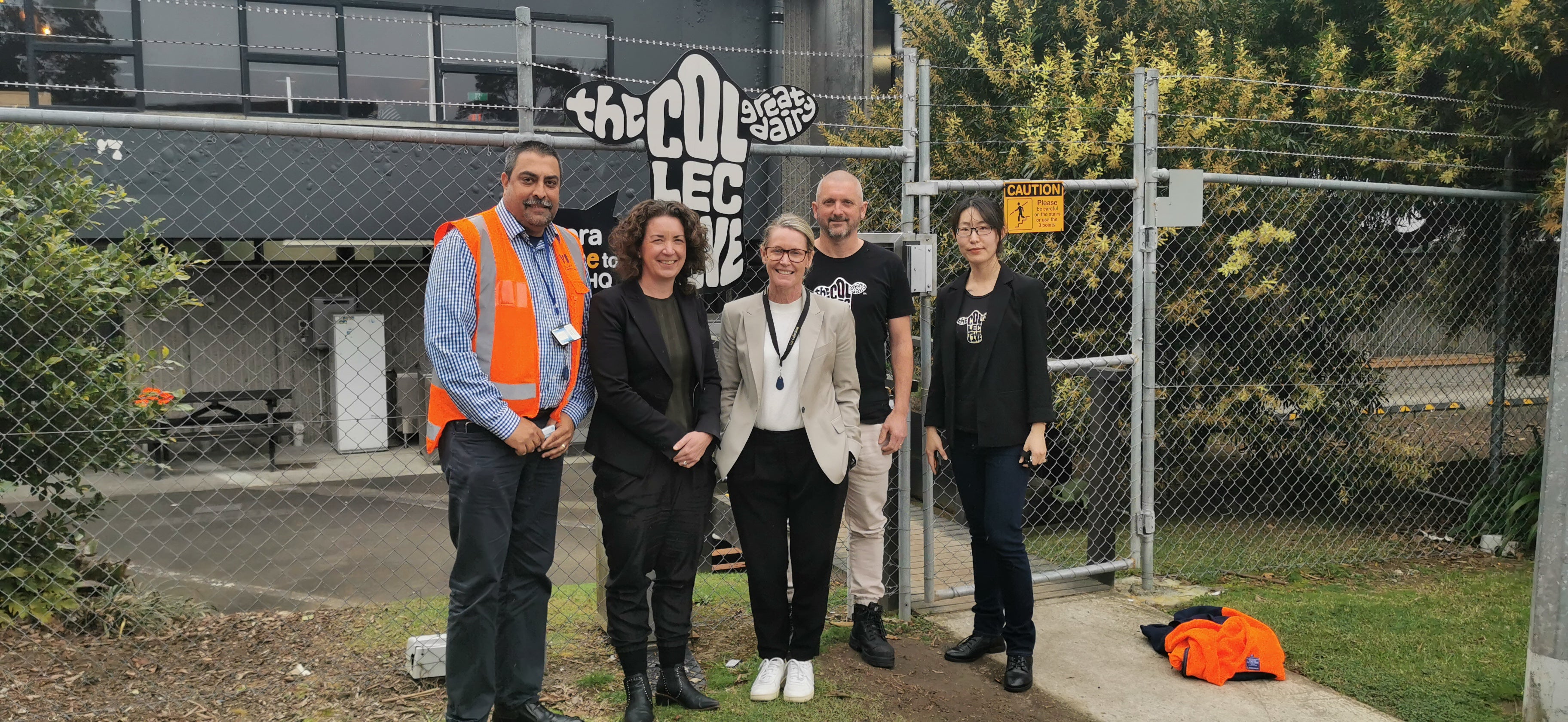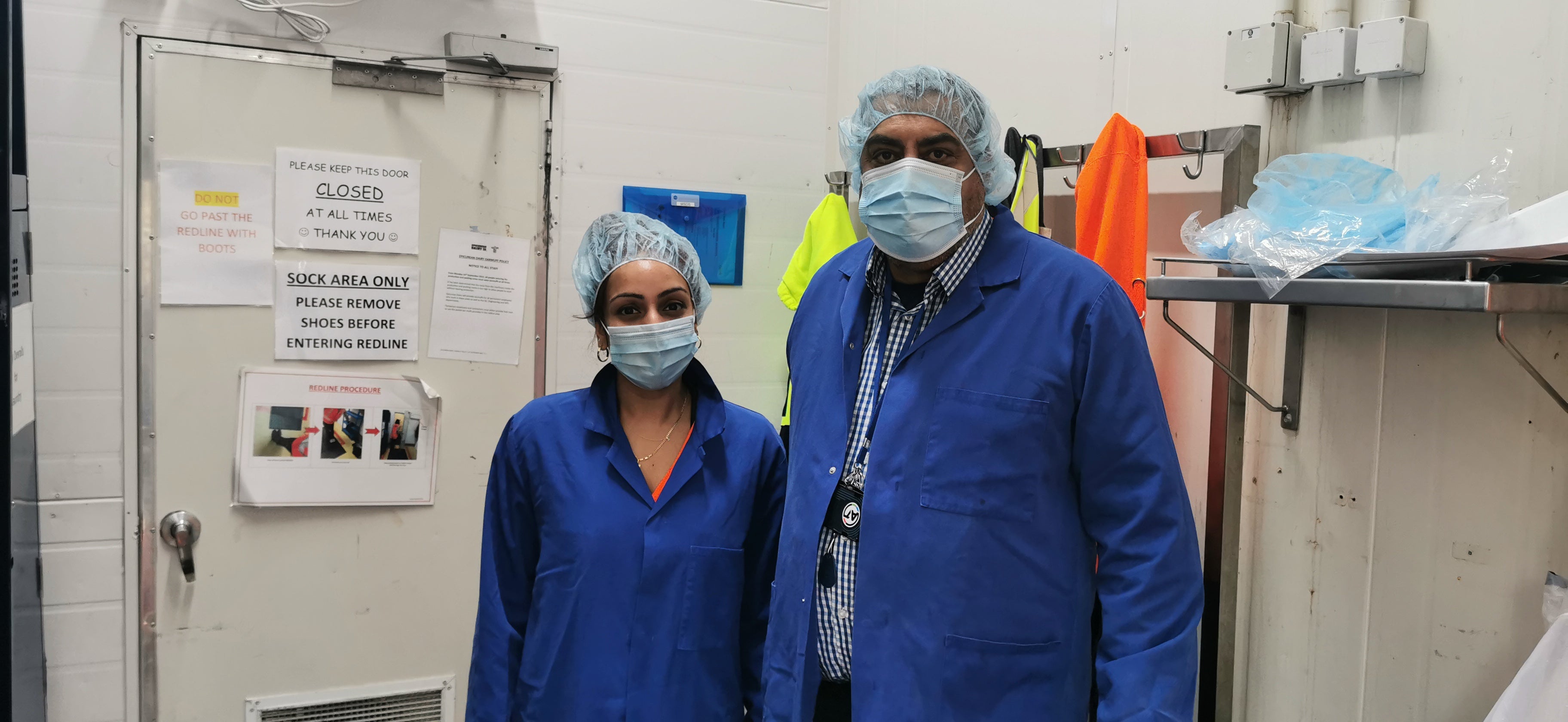
Championing water efficiency is well worth the investment, according to Epicurean Dairy, which produces The Collective yoghurt range.
Epicurean Dairy has reduced its water usage by 30 per cent, thanks to a deliberate and targeted approach to optimise water-intensive processes and investing in resources to drive this. This is aligned with the company's sustainability strategy which targets being carbon neutral in 2025 and is helping to reduce production costs.
In 2018, Epicurean Dairy installed two CIP (Clean-In-Place) tanks. CIP systems are automated systems used to clean the interior surfaces of food and beverage process pipes, without disassembling the process. They play a vital role in food and beverage processing because they keep the processing components free of bacteria.
The installation of this system pushed up the water usage for cleaning cycles and as a result, gradually increased their overall water use baseline. At the end of June 2021, the company was tracking over its baseline demand by around 21,000KL and at risk of incurring additional Infrastructure Growth Charges.

Commercial customer team representatives Avishta Belas and Zahid Khan
Our commercial customer team representatives Avishta Belas and Zahid Khan met with the team at Epicurean Dairy and discussed the issue. During the meeting, they also recommended some water efficiency ideas to reduce usage.
Avishta says the meeting was positive and the company was keen to cut down their water use.
"If their water usage continued to track at that level, they would have had to pay thousands of dollars in IGCs to us. That's why we take an educational approach with our customers first – it's in our collective best interests for our customers to be water efficient and treat it as a taonga."
The company worked with Avishta and Zahid to develop a water efficiency management plan – outlining the processes they were going to target to optimise and save water. These included adjusting water flushing timings based on the effectiveness of cleaning, reducing the cleaning cycles from five to three every 24 hours, combining two CIPs loops into one and adjusting the level of water for rinsing etc.
Watercare helped them by supplying regular usage reports, introducing smart loggers for leak detection and upgrading a water meter on site.
As a result of all this work, they have managed to bring down their water use from 16.6KL (July to October 2021) to 12.5KL (July to October 2022) – about 24 per cent. This is phase 1 of the company's plan. It is now progressing with phase 2 of the water savings plan. In this phase, it hopes to reduce water usage further, achieving a 30 per cent reduction after all capex projects are done (on what they used in 2021 and operating within their IGC baseline).

Epicurean Dairy's operations project Manager Catherine Wang says starting small by getting on top of leaks was helpful, but the really big savings came from process optimisation.
"While these did require careful planning and investment to ensure product quality and standards were not compromised, it was worthwhile as our water use has gone down by 5KL."
Catherine is a passionate champion of sustainability and even attended our water efficiency expo to engage with others in the industry and learn more.
"The first half of the conference made me more aware of he taonga te wai (water is precious) and understand the physical and spiritual connection between water and tangata whenua.
"The second half of the conference focusing on the technical aspects of water efficiency inspired me to further streamline processes and eliminate excessive steps in cleaning. That's how I thought of reviewing the start-up CIP process in the Dairy Free factory, and I proposed to remove caustic wash at the beginning of the week; since we are already doing a full clean at end of the week, it is pointless to repeat the same process on already cleaned equipment."
Catherine says the speech from Coca-Cola also illustrated the importance of measuring against a meaningful benchmark. "And that reassured us that we are doing the right thing to keep tracking litres per kilogram of production weekly and review the performance with actual data."